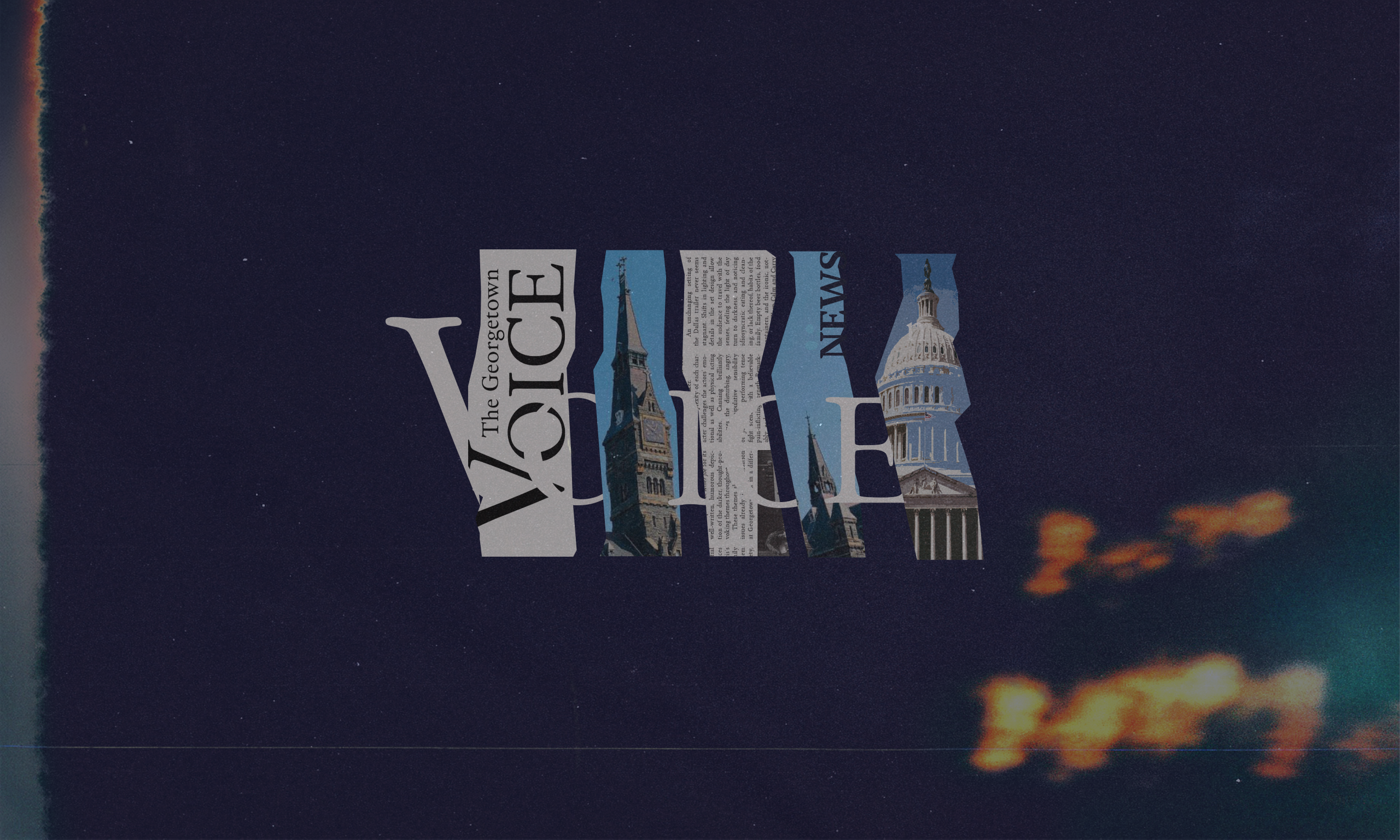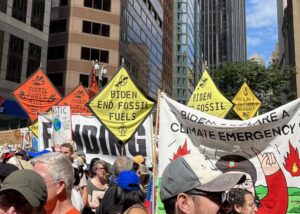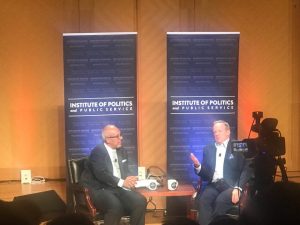Secretary of Transportation Pete Buttigieg visited Georgetown University for a town hall moderated by Julie Mason of Mornings on Sirius XM and Mo Elleithee, executive director of Georgetown’s Institute of Politics and Public Service, on Oct. 11.
The town hall marks nearly a year since President Joe Biden signed the bipartisan Infrastructure Bill. The secretary reflected on the impacts of the bill, climate change, the current state of American democracy, and possible paths forward for policymakers.
Buttigieg began his discussion by addressing Georgetown students. “If you are roughly the age of a college grad, up until last year, you have mostly witnessed policy failure at your age, we’re in the business of changing that,” Buttigieg said when describing civic engagement from young voters.
With this in mind, Buttigieg touched on the administration’s recent policy successes and what they mean for the future of infrastructure and transportation in the United States.
“[The infrastructure bill] is the biggest investment in highways since the interstate highway system was created. It’s the most we’ve done for public transit in the history of the federal government,” said Buttigieg, “Just think about what it means for there to be a safer, cleaner, faster way to get to where you need to be for people and for goods, and that’s what we have to deliver right now.”
Buttigieg also discussed the current crisis facing U.S. airlines and the steps taken by the Dept. of Transportation to ensure that flights are well-staffed, while simultaneously supporting labor rights.
“Here’s where we are: The airlines had a near-death experience during COVID, and they had a lot of taxpayer support during COVID, and now they’ve come roaring back. But the airlines need to be prepared to service the tickets they sell,” Buttigieg said. “They haven’t had the crews they need to service these flights.”
The department has been adamant in supporting policies that ensure consumers have the right to be reimbursed; in fact, much of its work has centered around making different forms of transportation—particularly public transit— available and more widely used. This key plank of the department was underscored by a question from an undergraduate student about how to encourage people to use public transport systems currently underutilized by many commuters.
“The more people who choose to use public transit, the better. It’s just a more efficient way for people to get around,” Buttigieg answered. “[Public transportation] is even for people who don’t use it, because there are fewer cars on the road congesting the roadways.”
Buttigieg also responded to questions about how an increased emphasis on infrastructure development could play a role in Biden’s other priorities, like climate change mitigation and racial justice.
Historically, infrastructure development has often been used as a tool to frame racist and climate polluting policies and developments—such as the redlining during the U.S. highway boom or intentionally building industrial areas near Black or Latino communities—as “apolitical,” according to Buttigieg. He, however, sees investment in transportation as key to combatting climate change: “Transportation is at the center of mitigating those risks, we have to make transportation the center of the solution.”
This new phase of U.S. infrastructure policy, according to Buttigieg, also provides a way of reversing the disproportionate impact of past policy decisions on communities of color and moving towards a more equitable future. “If we can improve the environmental impact of the way we move people and goods, you can almost expect as a matter of course that that will benefit those who are overburdened and underserved right now,” Buttigieg said. “What really excites me is the chance to affirmatively empower people who have been left out in the past.”
In this vein, Buttigieg reminded Georgetown students that ultimately, policymakers are charged with the task of materially bettering people’s lives. He reminded students that as they work to enact change from positions of ever greater influence, they should be mindful of making impactful contributions to a broad range of communities.
“As you find yourself invited to higher and higher tables, never forget the extremely immediate, concrete, physical, in your face, and sometimes intimate impact that policy choices—especially the ‘unflashy’ ones—have on everyday life,” Buttigieg said. “If you can hold onto that, through all your studies, through all the sophisticated things you’re reading about here at Georgetown and whatever great career you go into, then you’ll be doing alright.”





